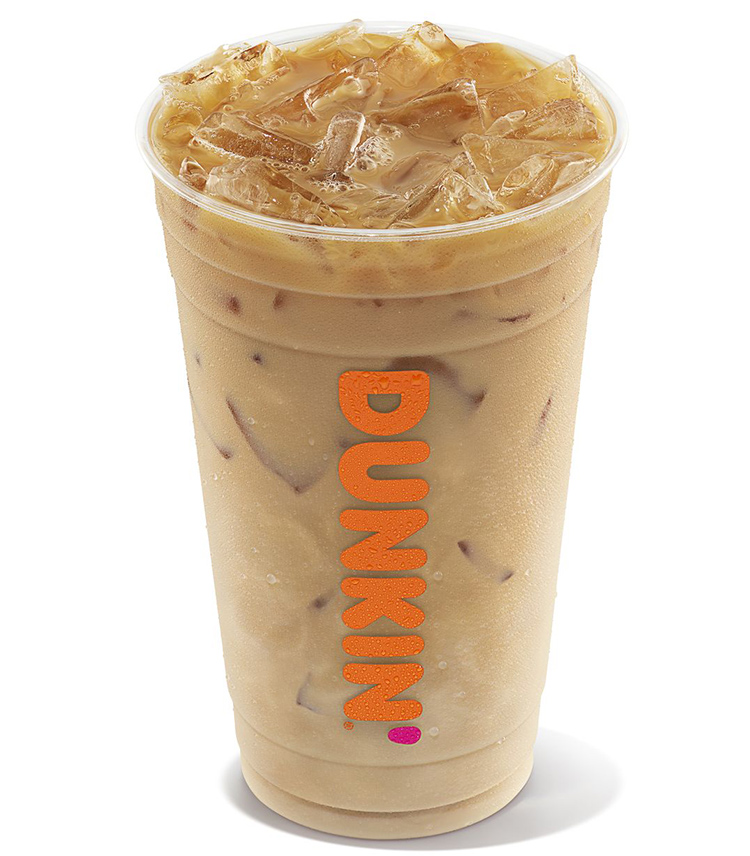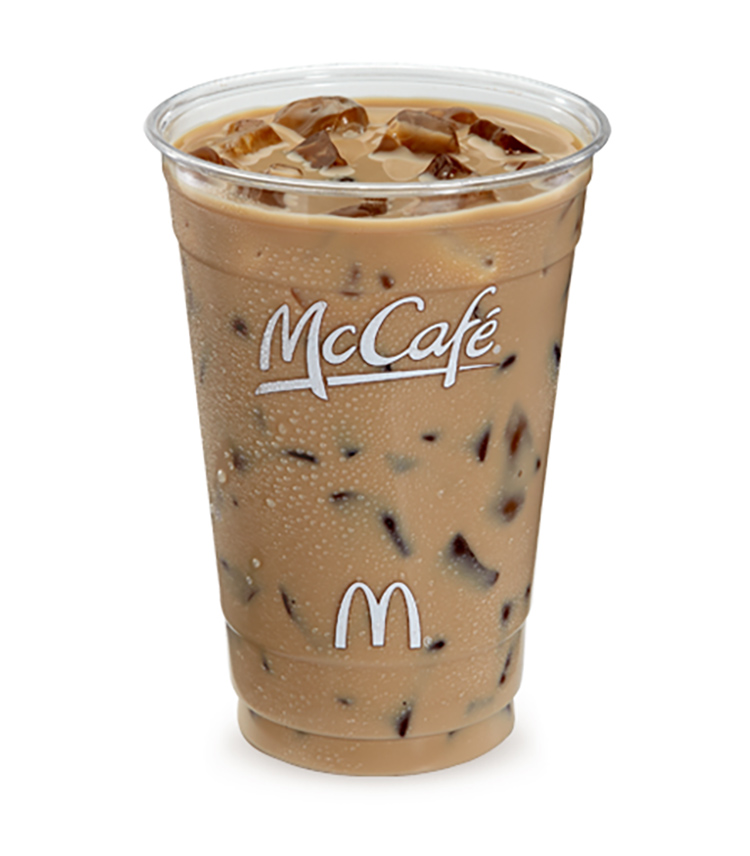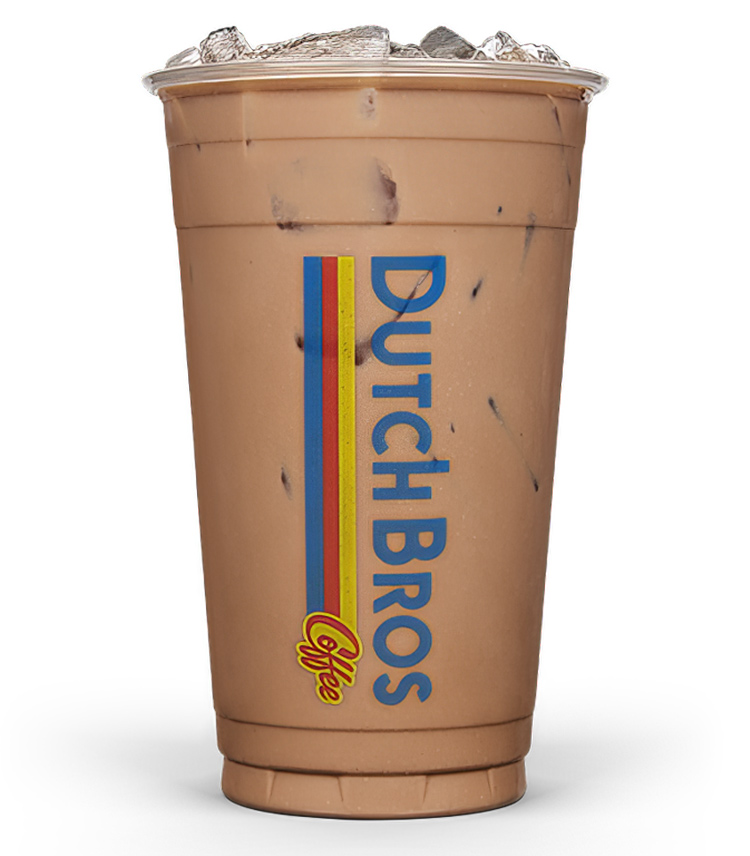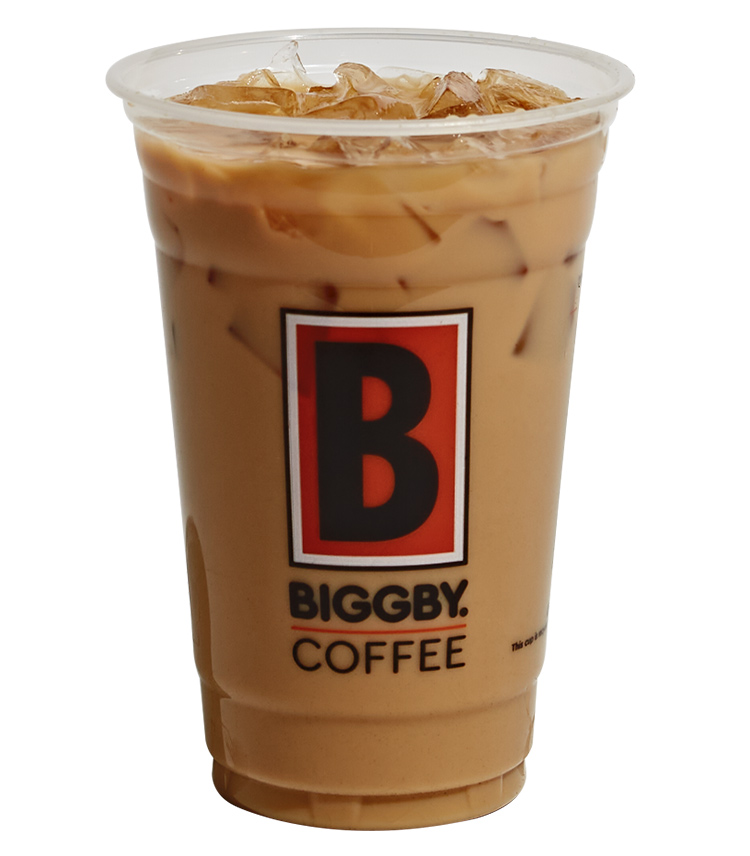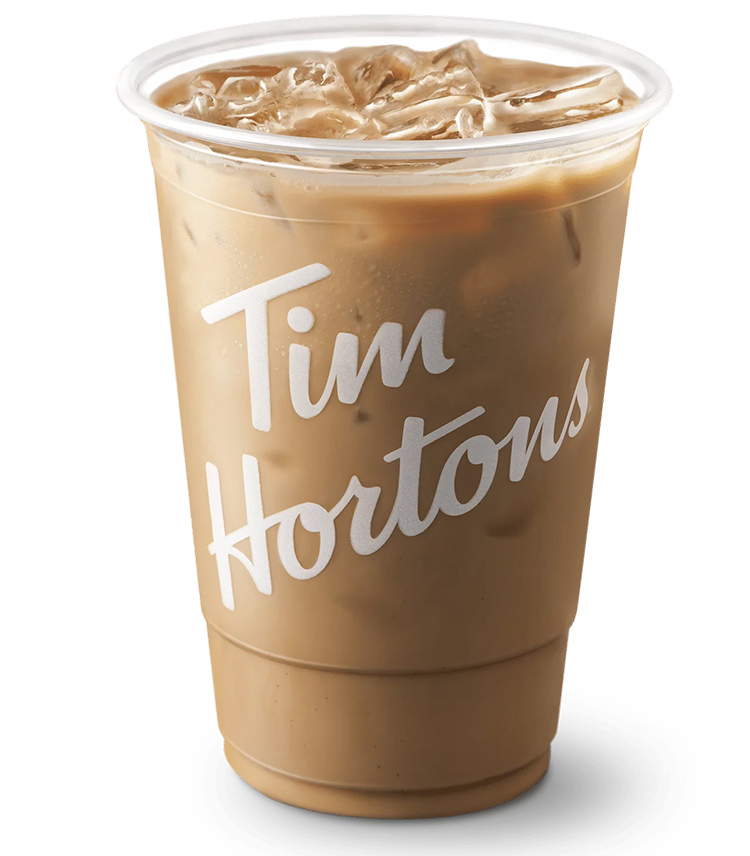
Are diet sodas, including sugar-free Starbucks drinks, bad for your teeth?
Is sugar-free safe for your teeth?
Sugar is the new enemy.
Like fat in decades past, the trend has turned, and sugar is the enemy. Admittedly, overconsumption of sugar and sugar-laden foods and beverages is indeed the underlying medical cause of a variety of modern ailments, including obesity, diabetes, and heart disease.
When it comes to oral health, sugar has always been the enemy. Oral doctors and dentists have long known that sugar fuels harmful and destructive oral bacteria that erode enamel and perpetuate infections. As a result of the widespread awareness of the role that sugar plays in degrading our teeth, many consumers are dumping sweets altogether and reaching for sugar substitutes and alternatives instead.
These so-called “sugar-free” substitutes can now be found in a variety of foods and beverages, from soda to coffee. Following are some top sugar-free drinks that are similar to Starbucks’ sugar-free options:
Top Sugar-Free Drinks Similar To Starbucks Sugar-Free Options
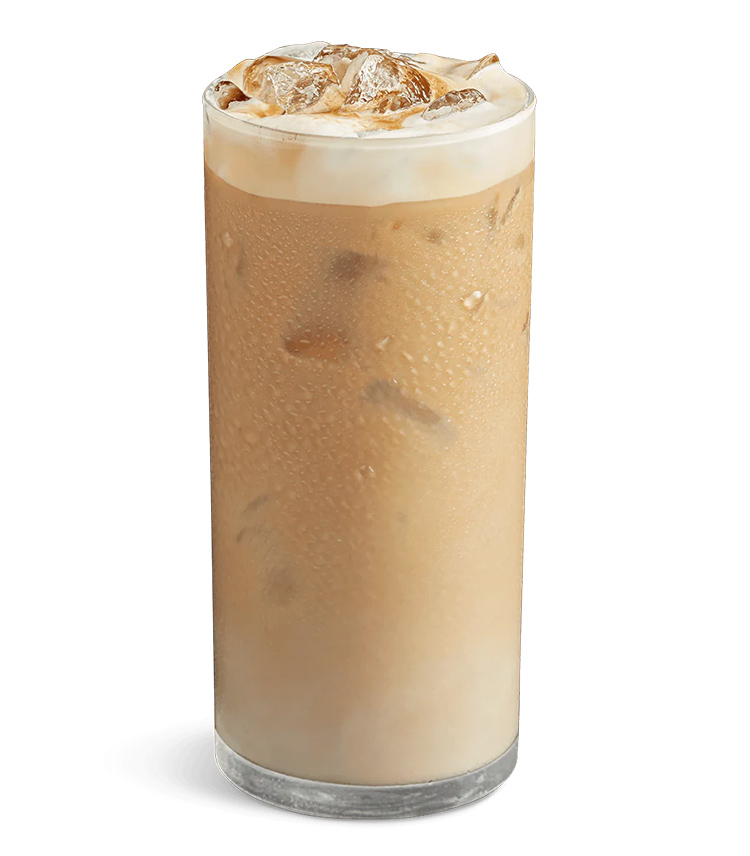
Sugar-free vanilla syrup and steamed non-fat milk are woven together with our Espresso Forte’s bold flavor under a layer of foam and poured over ice.
The question is and remains: are “sugar-free” foods and beverages, including sugar-free Starbucks drinks, any better for our teeth and oral health?
Sugar-free but not scot-free
Saccharin, Aspartame, Xylitol, Sorbitol, Sucralose, and Stevia – these are but a handful of the numerous sugar substitutes and alternatives available on the market today. Although all of these are generally low or no-calorie alternatives to sugar, their chemical makeups and interactions all differ. It is difficult to evaluate each substance’s good and adverse effects without diving in-depth into each substance and the ways they interact with the human body. However, as a group, general conclusions can be drawn and characteristics that affect oral health.
In general, eliminating conventional sugars from the diet and keeping them away from the mouth is an excellent idea.
Sugars are metabolized by bacteria, which spew out teeth-destroying acid wastes. Sugar substitutes cannot be metabolized by these bacteria, thereby denying them the fuel necessary to survive.
Furthermore, there is evidence that sugar substitutes, particularly xylitol and sorbitol, actually cause salivation, keeping bacteria in check. Contrary to the widespread perception that spit and saliva are unclean, human saliva contains a potent cocktail of anti-microbial ingredients. Saliva helps to keep bacteria from proliferating in the mouth. In fact, dry mouth is almost always associated with higher risks of dental caries and other oral infections.
Artificial sweeteners, however, are not without their risks to oral health. Most directly, many artificial sweeteners have been shown to soften and weaken the enamel or tough outer surface of your teeth. There is a real concern that although artificial sweeteners do not contribute to bacterial proliferation, they are acidic enough to erode teeth directly. Commonly added acidic ingredients in sugar-free foods and beverages, such as phosphoric acid, malic acid, fumaric acid, citric acid, and tartaric acid, have been shown to damage and erode the enamel. Even worse, artificial sweeteners can play tricks on our minds and make us crave even more sugar over time.
Ultimately, sugar-free foods and beverages are by no means a perfect solution to the health problems of the world, including dental decay, obesity, and diabetes. When it comes to oral health, sugar-free alternatives can be useful for helping us move away from bacteria-fueling sugary foods and drinks. However, they should be consumed in moderation and to mitigate high acidity.
When drinking a beverage containing artificial sweeteners, for example, try using a straw to minimize direct contact with your teeth.
While sugar-free drinks can be a better choice compared to sugary beverages, it’s essential to consume them in moderation as part of a balanced diet. Water remains the healthiest and most hydrating drink option. If you have specific health concerns, it’s always best to consult with your healthcare provider or dentist for personalized advice.
 Written by Dr. Reza Khazaie
Written by Dr. Reza Khazaie